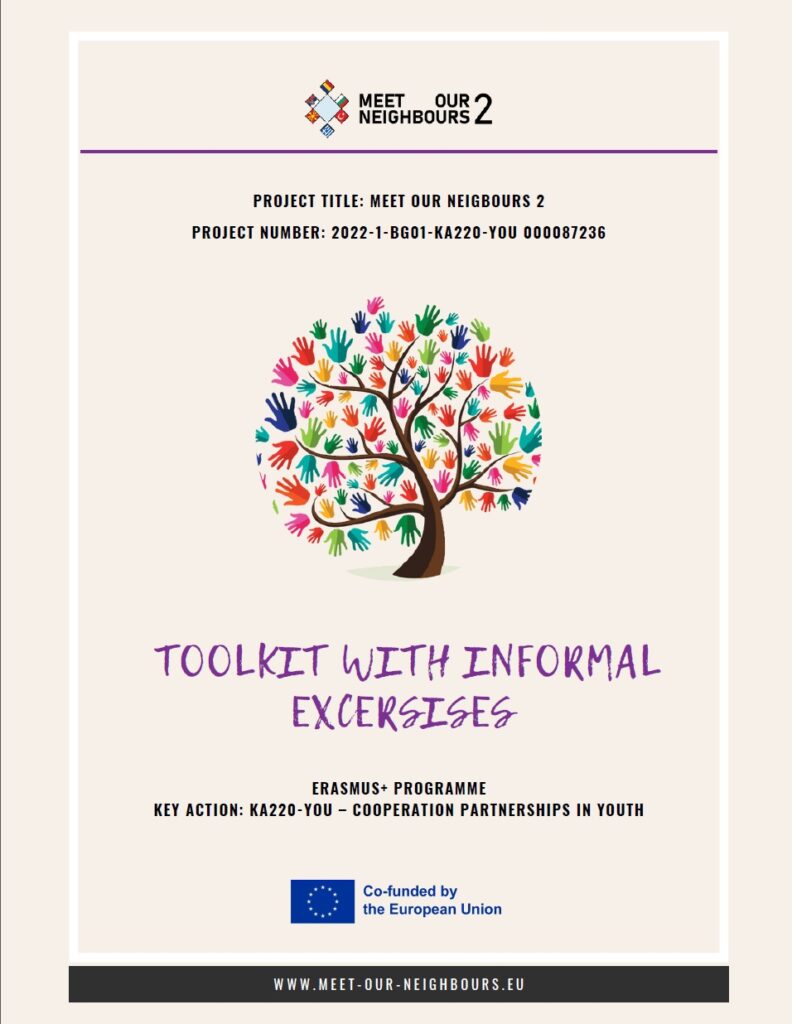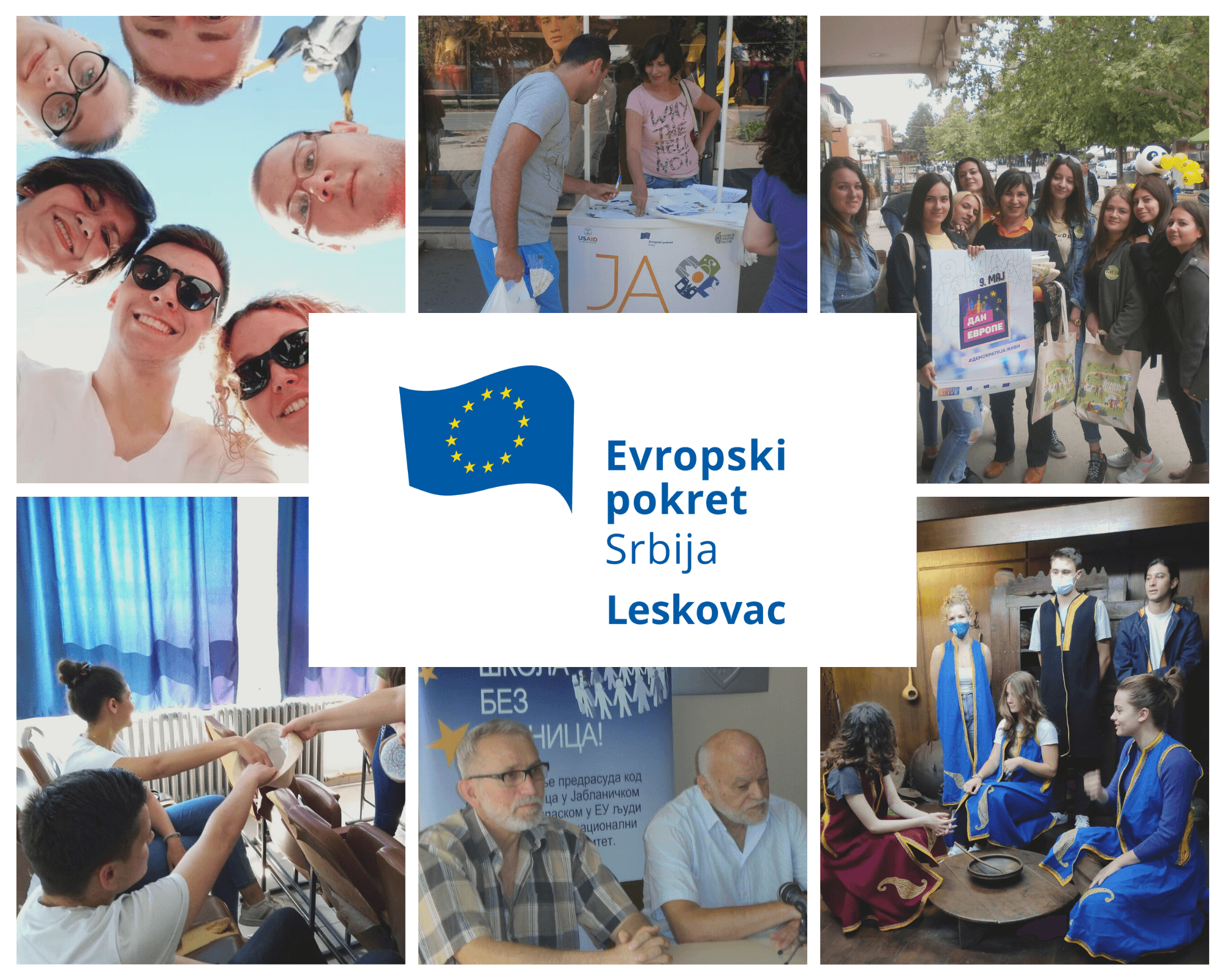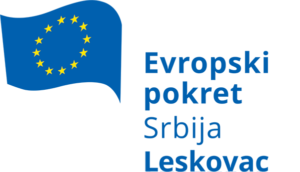
The Toolkit with informal exercises is created on the bases on the synthesis report of IO1 from the “Meet Our Neighbors 2”, project which it gives a real idea of where the problems and conflicts between the participating Balkan countries may come from and thus find a real solution to overcome them.
The main objective of this toolkit was to build the capacities of youth workers and youth leaders in using and shaping non-formal tools to promote intercultural understanding and acceptance of diversity, providing them with guidance, development of a set of informal exercises aimed at overcoming stereotypes and prejudices at the Balkan level and application of non-formal tools (workshops, simulations, role-playing games, discussions, etc.) to promote intercultural understanding and acceptance of diversity aimed at creating young people enable them to build strong, sustainable, respectful and peaceful communities.
During the creation of the exercises, some important and mandatory approaches, aspects and frameworks were used.
When developing the set of exercises, workshops, simulations, role-playing games, discussions, etc. were followed and combined the following approaches:
- Experiential learning: This approach involves learning by doing, reflecting, and applying knowledge to real-life situations. The youth workers can be engaged in workshops, simulations, and role-playing games that reflect the diversity of cultures, languages, and traditions in the Balkans.
- Participatory learning: This approach involves active participation and collaboration among the youth workers. The youth workers can engage in discussions, debates, and group activities that promote understanding and cooperation among different communities in the region.
- Multimedia learning: This approach involves the use of multimedia tools such as videos, podcasts, and social media to promote learning and engagement among the youth workers. The youth workers can create multimedia content that reflects their hopes and aspirations for the future of the Balkans within the larger European community.
- Humorous learning: This approach involves using humour and satire to promote learning and engagement among the youth workers. The youth workers can engage in activities that showcase humorous or unusual traditions or customs that are unique to the Balkans.
Kompletni dokument možete preuzeti ovde.


